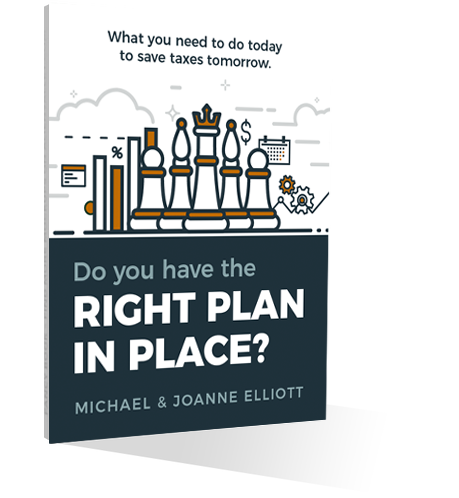Question:
How do the Cook County Tax incentives work?
Answer:
Cook County offers tax incentives to owners of commercial and industrial property. These incentives reduce taxes by 60% for 10 years and gradually increase back to market in years 11 and 12. Here’s how they work.
The most common incentives are known as Class 6b (industrial property) and Class 8 (commercial and industrial property). They apply when property owners build new buildings, substantially rehabilitate or expand existing buildings and re-occupy vacant buildings (referred to as “abandoned property” in the law). For commercial properties, Class 8 also requires that the property be located in a blighted area[1]. Class 6b does not include the blight requirement.
Recent modifications to the law have relaxed the vacancy requirement and allow industrial businesses who have operated in the same location for 10 years or more and can demonstrate an economic hardship to obtain an incentive. As a result of these changes, more properties will qualify for these incentives.
Vacant Property
If property has been vacant long enough, the ordinance considers it “abandoned property” and incentives may apply. Over the years, the definition of abandoned property has been expanded several times. Recent changes to the law have continued the expansion allowing more taxpayers to take advantage of the vacancy provisions.
Under recent changes to the law, “abandoned property” includes:
-
Property sold to a bonafide purchaser that was vacant for at least 24 months prior to the sale.
-
Property sold to a bonafide purchaser that was vacant for less than 24 months if there is a finding of “special circumstances” (more about that later).
-
Property that has not been sold, but has been vacant for at least 24 months if there is a finding of special circumstances.
-
Property that has not been sold, but has been vacant for at least 12 months if there is a finding of special circumstances. This is a recent (non-permanent) change in the law that is called the TEERM Program.
The term “special circumstances” is not defined in the County ordinance, but typically means the property possesses some negative attribute (such as functional or economic obsolescence) that would justify granting the incentive. The finding of special circumstances must be made by the municipality or the Cook County Board (if the property is in an unincorporated area). Furthermore, the government officials may incorporate a “but-for test” meaning they may not support granting the incentive unless the taxpayer proves that the construction project or re-occupancy will not occur unless the incentive is granted.
Applications for exemption under the TEERM program must be filed by November 30, 2018, and are not renewable.
Industrial Properties Without Vacancy
Prior to the recent changes in the law, occupied industrial properties were not eligible for Class 6b incentives. Under recent changes, however, occupied industrial properties may obtain an incentive under a program known as Class 6b SER Program if the municipality or County Board concludes a financial hardship exists and the business is not viable without the incentive. The specific requirements of the SER Program are as follows:
-
An industrial enterprise must have occupied the property for at least 10 years;
-
The industrial enterprise must prove the tax incentive is necessary for the business to “continue operations at the current location and maintain its staff” and without the incentive, the business would “not be economically viable causing the property to be in imminent risk of becoming vacant and unused.”
-
The applicant does not receive any other tax incentives for the property.
-
The municipality and the County Board find special circumstances exist and that the property is qualified for the SER Program.
-
Application must be made before November 30, 2018.
The incentive under the SER Program is not renewable.
[1] The term “blighted area” means an area “certified as in need of substantial revitalization” under the Cook County Classification Ordinance. This includes all properties located in Bloom, Bremen, Calumet, Rich and Thornton Townships and any property acquired through the Cook County Tax Reactivation Project.


